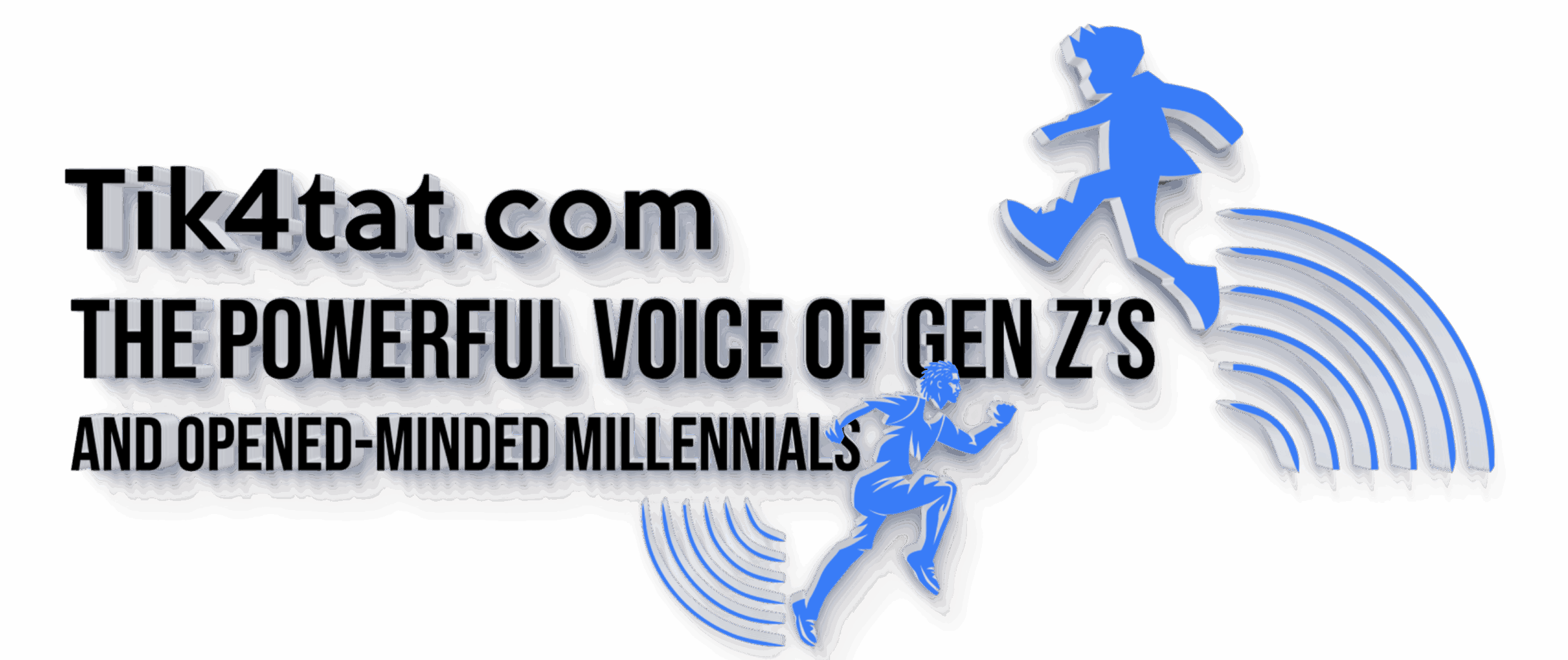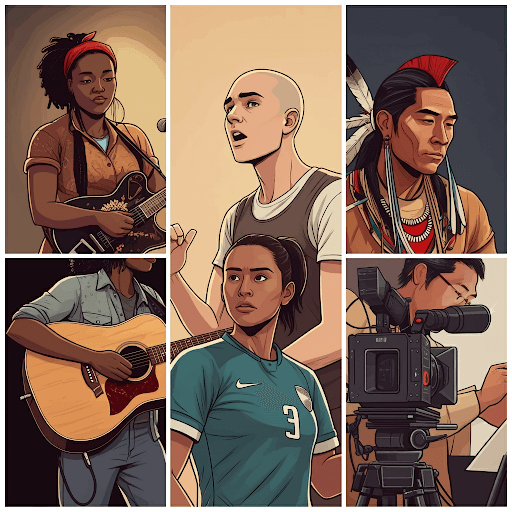Do Gen Zers and Millennials in USA understand potential consequences of socialist and communist ideologies ?
Do Gen Zers and Millennials in USA understand potential consequences of socialist and communist ideologies ?
Do Gen Zers ands Milennials really known what a Social or communist government will look like in USA?
I think the answer may depend on how one defines communism and socialism, and what kind of society one imagines under these systems. There are different types and degrees of communism and socialism, and different historical and contemporary examples of countries that have adopted or attempted these ideologies. Some of these examples may be more appealing or repulsive than others, depending on one’s perspective and values.
According to some web search results it seems that many millennials and Gen Z-ers are becoming increasingly comfortable with socialism and Marxism, and more critical of capitalism.
Some of the reasons for this trend may include:
• The perception that capitalism has failed to address the social and environmental problems of the 21st century, such as inequality, poverty, climate change, and corruption.
• The experience of living through the Great Recession, the Covid-19 pandemic, and the resulting economic and social hardships, which may have eroded their trust and confidence in the current system and its institutions.
• The exposure to alternative ideas and movements, such as democratic socialism, Black Lives Matter, and Occupy Wall Street, which may have challenged their assumptions and offered them a different vision of society.
• The influence of popular culture and media, such as celebrities, politicians, books, movies, and social media, which may have portrayed socialism and communism in a more favorable or nuanced light, or criticized capitalism and its flaws.
However, this does not necessarily mean that millennials and Gen Z-ers do not understand what their life would be like under a communist or socialist society. It may mean that they have a different understanding or expectation of what these terms mean, and how they would apply to their own context and reality. It may also mean that they are willing to take some risks or trade-offs in pursuit of a more just and sustainable society, or that they are hopeful and optimistic about the possibility of change and improvement.
Of course, not all millennials and Gen Z-ers share the same views or opinions on these matters. There may be significant variations and diversity among them, depending on their education, background, culture, values, and personal experiences. Some may be more supportive or skeptical of communism and socialism than others, and some may have more nuanced or complex views than others.
What do you think? Do you agree or disagree with the views of millennials and Gen Z-ers on communism and socialism? How do you define these terms, and what kind of society do you envision under them? Tik4TaT would love to hear your thoughts.
Can the USA survive as socialist or communist country or for certain the country will go into a possible civil war. Also, knowing that racist will certainly increase and black American and other marginal groups will not accept going backward and not being treated equally at all cost
This is a very complex and controversial question that does not have a simple or definitive answer. There are many factors and scenarios that could affect the future of the USA, its political system, and its social cohesion. However, based on some web search results I can offer some general observations and perspectives.
• The USA is not a purely capitalist or socialist country, but rather a mixed economy that combines elements of both systems. For example, the USA has a free market system that allows private ownership and competition, but also provides some forms of social welfare and regulation to its citizens, such as social security, minimum wages, and health care subsidies
• The USA has never been a communist country, nor has it ever faced a serious threat of becoming one. Communism is a system in which the state owns and controls all means of production and distribution, and abolishes private property, markets, and classes. Communism is often associated with authoritarianism, dictatorship, and repression. The USA has historically opposed communism, both domestically and internationally, and has fought wars and conflicts to contain its spread. The USA is currently facing a high level of political polarization, division, and violence, which could potentially escalate into civil unrest or breakdown. Some of the causes and symptoms of this situation are:
• The rise of radical and extremist groups and movements, especially on the far-right, that advocate for violence, insurrection, or secession. These groups include white supremacists, neo-Nazis, militias, QAnon, and others. They are motivated by various grievances, ideologies, and conspiracies, such as racism, anti-government sentiment, election fraud, and the “deep state”.
• The erosion of trust and legitimacy in the democratic institutions and processes, such as the electoral system, the judiciary, the media, and the law enforcement. Some of the factors that contribute to this erosion are misinformation, disinformation, propaganda, corruption, and partisan interference.
• The increasing social and economic inequality and insecurity, which create resentment, frustration, and anger among many Americans. Some of the issues that affect the well-being and opportunities of Americans are poverty, unemployment, health care, education, and climate change.
• The USA has a history and a culture of resilience, diversity, and innovation, which could help it overcome its challenges and prevent a civil war or a collapse. Some of the strengths and assets of the USA are:
• The constitutional system of checks and balances, separation of powers, and federalism, which provide safeguards and mechanisms to prevent tyranny, abuse, and instability. The constitution also guarantees the rights and freedoms of the people, such as freedom of speech, assembly, and religion.
• The civil society and the civic culture, which foster participation, engagement, and dialogue among the citizens and the communities. The civil society includes various organizations, associations, and movements that promote social justice, human rights, democracy, and peace. The civic culture includes the values, norms, and traditions that shape the identity and behavior of the Americans, such as patriotism, pluralism, and pragmatism.
• The economic and technological dynamism, which enable growth, development, and innovation. The USA has a large, diverse, and productive economy that offers a variety of goods and services, as well as a competitive edge in many sectors, such as technology, science, and entertainment.
The USA also has a highly skilled, creative, and entrepreneurial workforce that drives innovation and progress.
Therefore, the answer may depend on how the USA and its people deal with the current and future challenges and opportunities, and how they balance the tensions and trade-offs between different political and social systems and values. There is no guarantee that the USA will survive or fail as a socialist or communist country, or that it will avoid or enter a civil war. However, there is hope that the USA will find a way to preserve and improve its democracy, unity, and prosperity, while respecting and protecting the rights and dignity of ALL its citizens.
Tit4Tat Research team
https://www.pewresearch.org/politics/2019/10/07/in-their-own-words-behind-americans-views-of-socialism-and-capitalism/



